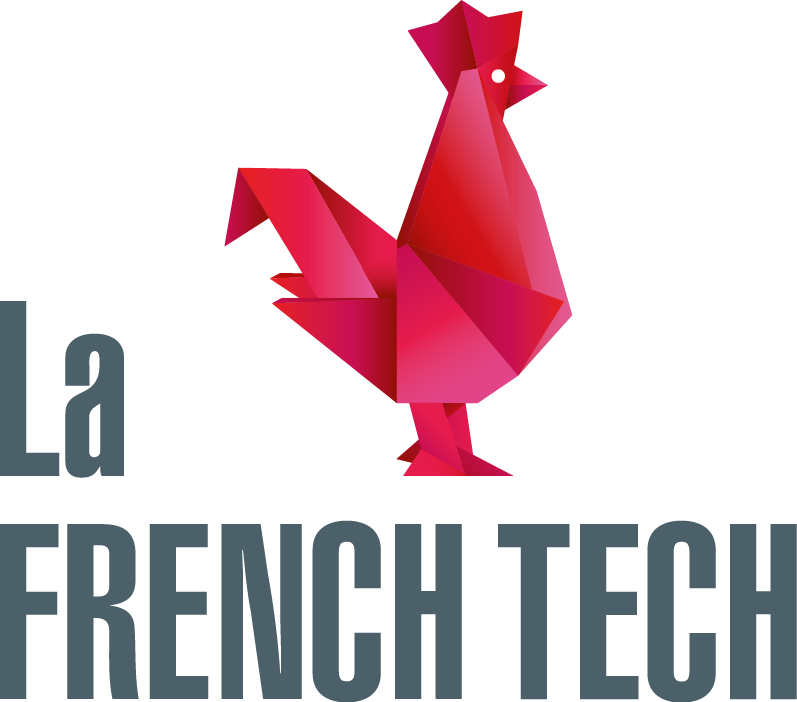The ‘knowledge effect’ refers to the tendency of highly innovative companies to outperform over the long run – leading to higher stock valuations and better returns for investors.
This is one of a growing number of identified factors, or stock characteristics, that explain why some assets generate better returns than others. Common factors include value (undervalued stocks tend to outperform in the long run), small size, low volatility, high yield and momentum.
These and other factors can be exploited by investors, who take advantage of the inefficient pricing of stocks which display certain characteristics. The knowledge factor, for example, refers to investors’ underpricing of the growth potential of companies which invest heavily in research and development and innovation.
Gavekal Capital has launched the first index series based on this factor, and data published on its site shows an outperformance of its Knowledge Leaders indices both since inception and over the long run.
The index series covers both developed and emerging markets. Its Developed World ETF includes stocks from a range of industries, with some notable inclusions being global brewing giant Anheuser-Busch InBev, tech giant Apple, luxury goods firm Compagnie Financiere Richemont SA, and building materials conglomerate LafargeHolcim.
These companies dedicate large budgets to R&D. Apple, for example, is on track to spend $10bn on R&D this year – a massive 30% increase from 2015, according to Time Magazine. Apple’s share price has more than doubled over the past five years.


